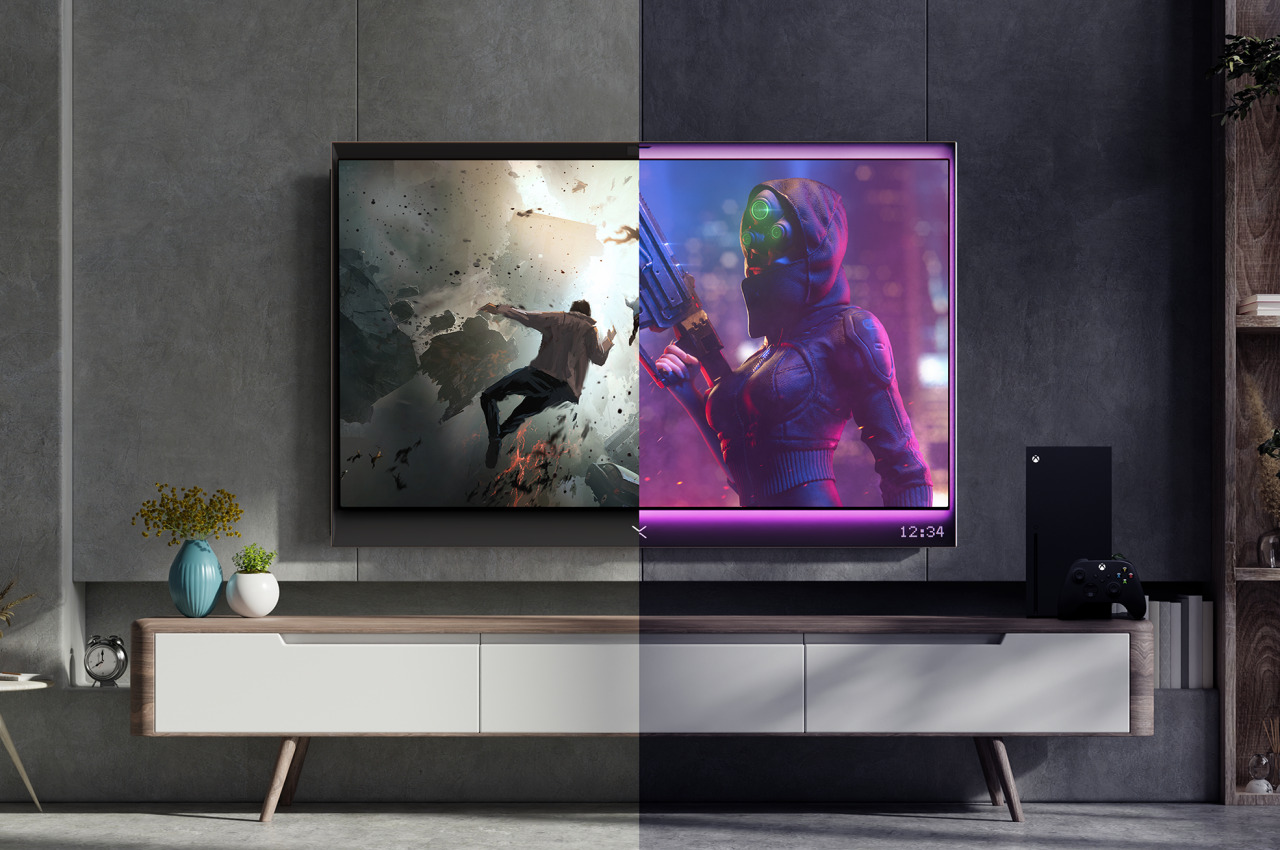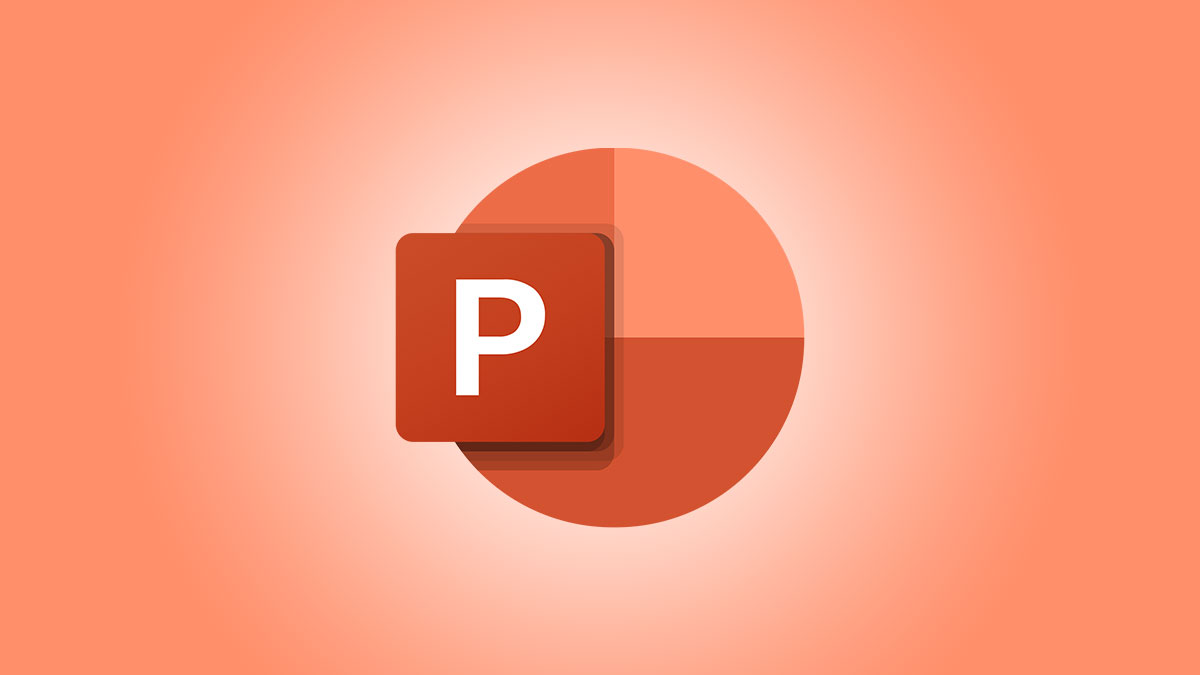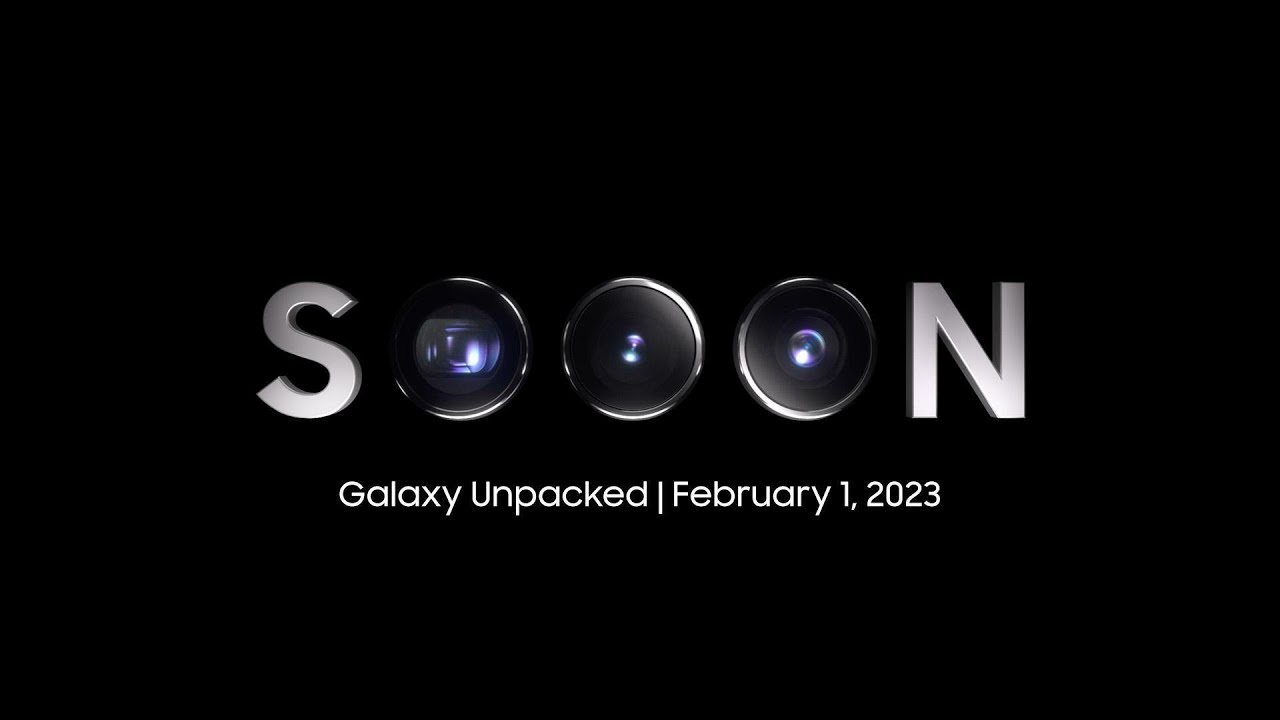#How to See an iPhone App’s Privacy Details Before Installing It

Table of Contents
“#How to See an iPhone App’s Privacy Details Before Installing It”

Starting in December 2020, the iPhone app store now provides “App Privacy” labels on all of its App Store listings. Using this information, you can make an informed decision about how apps track you and respect your privacy before downloading an app. Here’s how.
Why Apple’s Sudden Focus on Privacy?
With the launch of iOS 14 last year, Apple recently began putting a stronger public focus on privacy issues in smartphones and the apps that run on them. It’s a way for Apple to differentiate itself from its competitors, and if done well, Apple’s privacy safeguards can benefit its customers.
Until recently, the ways iPhone and iPad apps could track you or use your personal data wasn’t entirely transparent to the user. Apple has set out to change that with new App Store labels that represent a sort of “Nutritional Label” for digital privacy. At a glance, you are now able to see the privacy performance of each app and decide whether it fits your personal comfort level.
RELATED: All the New iPhone Privacy Features in iOS 14
How to Check an App’s Privacy Label on the iPhone App Store
First, open the App Store on your iPhone. While browsing the App Store, locate the entry for the app whose privacy you’d like to check and tap it. In the app’s detailed listing, scroll down until you see the “App Privacy” section.

Under “App Privacy,” you’ll see a summary of privacy information that the app’s developer reported to Apple. Here are the three main sections and what they mean:
- Data Used to Track You: Information used to track you across apps and websites owned by companies other than Apple. This helps advertisers build a profile based on your online behavior so that they can show you personalized advertising.
- Data Linked to You: Information collected and linked to your personal identity. For example, Facebook knows your name, and certain information it collects is always linked to your name in its database.
- Data Not Linked to You: Information collected but not linked to your identity. In other words, the data is collected but is not stored in a way that would link it with you personally.
Each app uses data in different ways, so you might not see some of these sections on some apps. For example, the Facebook app page does not include a “Data Not Linked to You” section, but for Signal, that is the only section applicable.
To get more details on any of these sections, tap the “See Details” button located just beside the “App Privacy” header.

After tapping, you’ll see a detailed page that lists data collected in those three potential categories (although not all three apply to all apps). In some cases, this detailed page will further break it down into subcategories, such as “Third-Party Advertising” and “Developer’s Advertising or Marketing.”

The list of possible data points is too long to explore completely here, but it’s impressive how detailed the privacy details screen can be. For an extreme example, check out the Facebook app’s App Privacy details page, and you’ll be scrolling for six or seven screen lengths. As you may have seen in the news, Facebook isn’t happy that Apple is putting some of its tracking habits out into the open.
What If I Don’t Like the Way an App Uses My Data?
If you find yourself reviewing the App Privacy information on the App Store and not liking what you see, you could do a few things. The first option is to not install the app. There may be an alternative on the app store that respects your privacy better (for example, using Signal instead of WhatsApp).
The second option is to politely ask the developer to create a less privacy-invasive version of its app or service, but the odds are generally long against that one. Over time, we can potentially hope that Apple’s new privacy labels will apply general pressure on the app industry to be more mindful about what information it collects as well as how that information gets used. Until then, at least we have Apple’s new App Privacy section in our arsenal. As the old saying goes, knowledge is power.
RELATED: What Is Signal, and Why Is Everyone Using It?
If you liked the article, do not forget to share it with your friends. Follow us on Google News too, click on the star and choose us from your favorites.
For forums sites go to Forum.BuradaBiliyorum.Com
If you want to read more like this article, you can visit our Technology category.




